Public servant pay packages revealed
Queensland’s top public servants have pocketed pay packets close to $1 million – some with big bonuses – despite COVID-19. SEE THE FULL LIST OF BIG EARNERS
QLD News
Don't miss out on the headlines from QLD News. Followed categories will be added to My News.
Queensland’s energy, infrastructure and water bosses have pocketed tens of thousands of dollars in bonuses despite COVID-19 taking a sledgehammer to the state’s economy.
Analysis of government data reveals the chief executives of Queensland’s most prominent government-owned corporations have been paid millions of dollars in take-home pay and benefits.
Outgoing Energy Queensland CEO David Smales was the highest-paid CEO, taking home $959,000 in the 2019-20 financial year.
Mr Smales, who was replaced by Rod Duke in April last year, was responsible for the government’s electricity distribution, retail and energy services businesses including Energex and Ergon.
Stanwell CEO Richard Van Breda took home $907,000 for running the gas and coal-fired power station company – which included a $94,000 cash bonus for his performance the previous year.
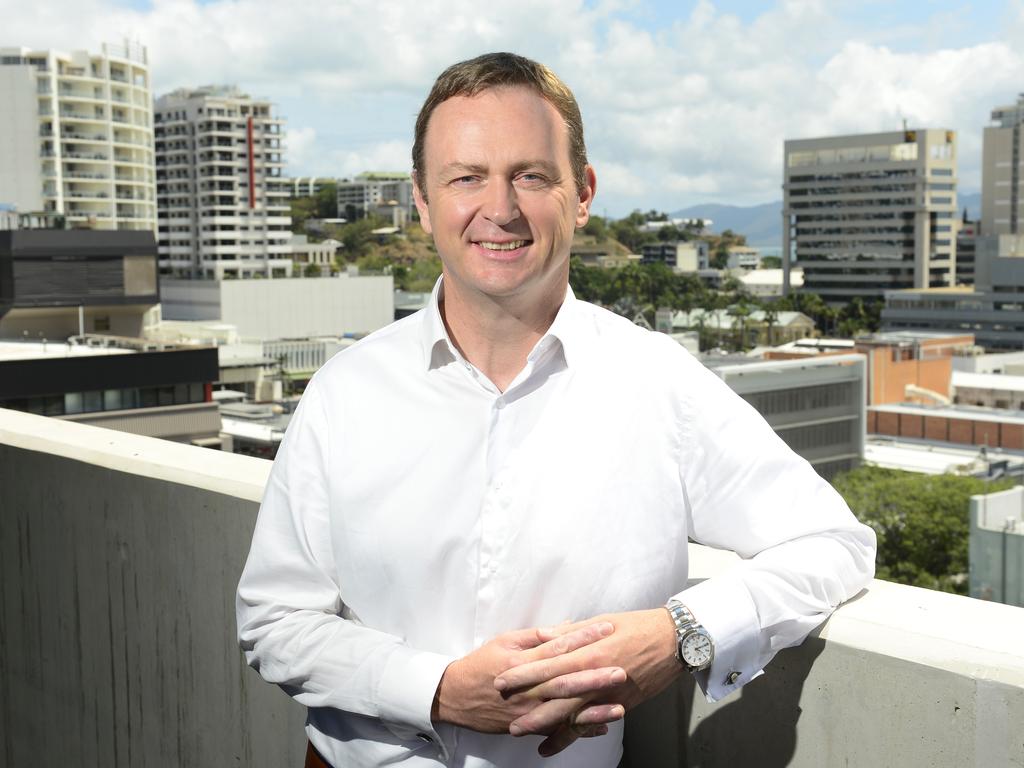
A spokesman for Stanwell said “strict governance arrangements” meant senior executives could not be paid more than the market average – making their pay lower than 50 per cent of people working in the private sector.
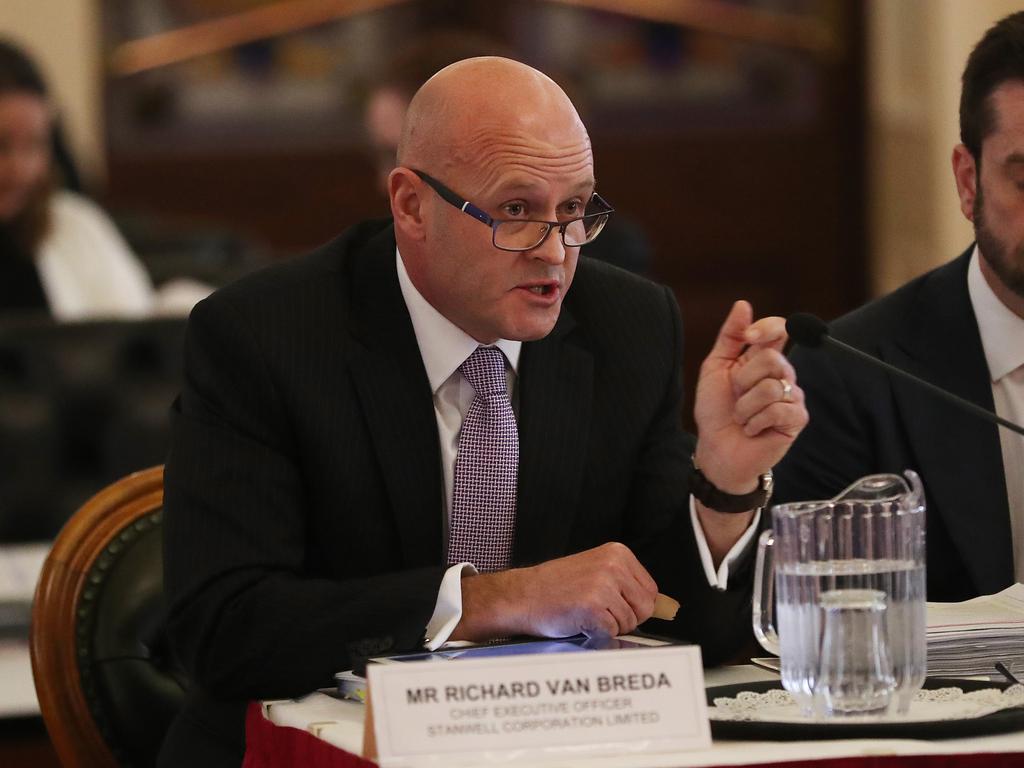
Mr Van Breda said employees and senior executives met corporate targets to access the ‘at-risk’ portion of their remuneration package.
Other high-paid government corporation executives include interim Powerlink CEO Kevin Kahl, $866,000; Queensland Investment Corporation’s Damien Frawley, $845,577 and CS Energy boss Andrew Bills, $828,000.
Queensland Rail CEO Nick Easy earned $825,000 while Cross River Rail Delivery Authority boss Graeme Newton was paid $609,000 in remuneration.
It comes as new figures reveal the pay packets of some of the state’s top public servants in 2019-20, with some earning as much as half a million dollars a year.
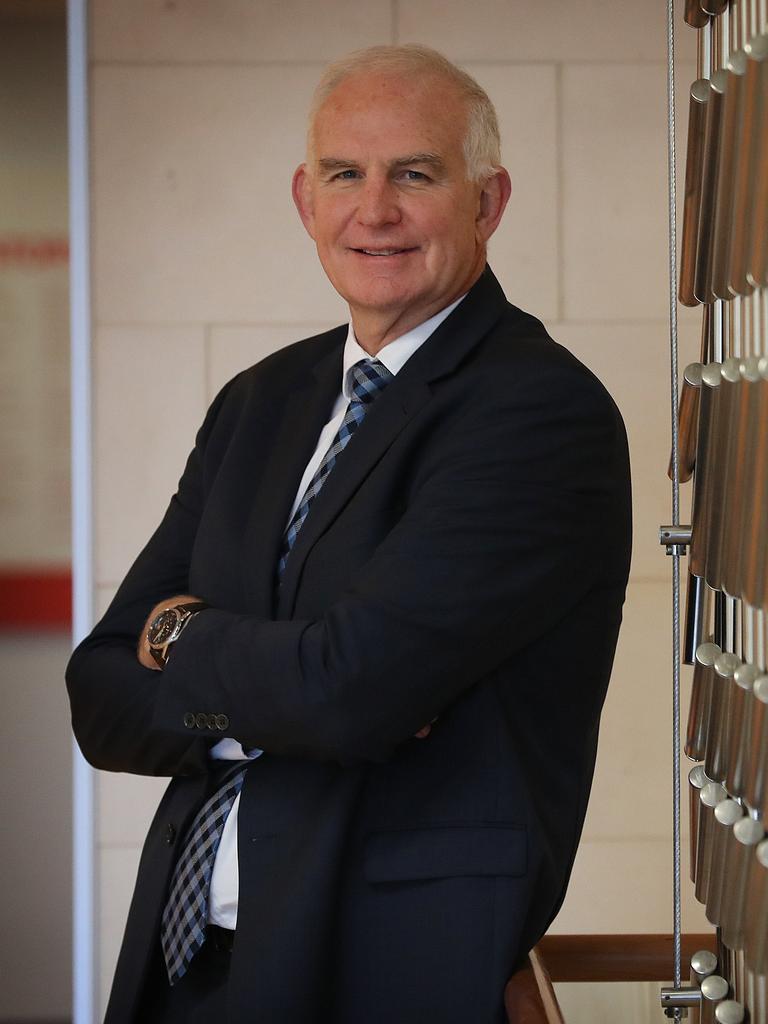

Department of Premier and Cabinet director-general Dave Stewart earned a salary of $697,000 in 2019-20, which included post-employment expenses.
Police Commissioner Katarina Carroll’s total remuneration last financial year was $517,000 after she was appointed to the job on July 8, 2019, following Ian Stewart’s retirement.
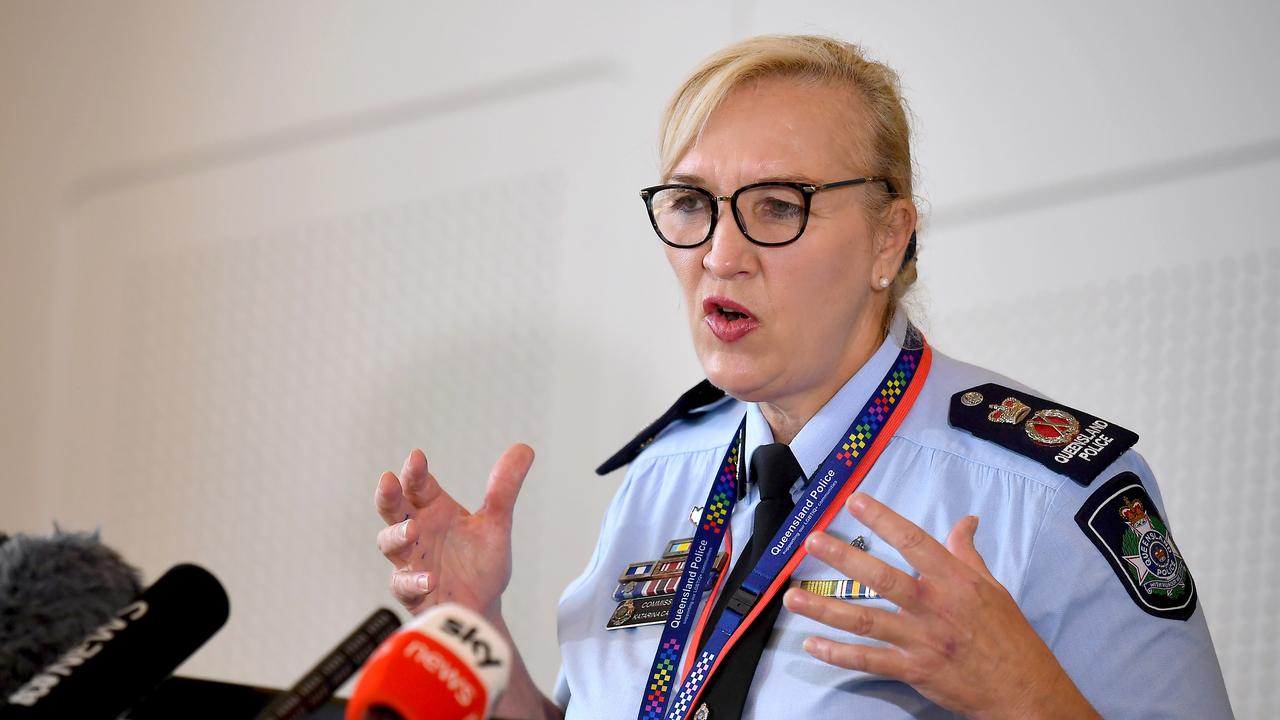
Transport and Main Roads director-general Neil Scales earned a total salary of $632,000 in 2019-20, while Education Department director-general Tony Cook’s total pay packet reached $631,000.
Queensland Public Service Commission chief executive Robert Setter said the state’s chief executive remuneration framework for directors-general and commissioners was developed independently by Mercer Consulting in 2015.
“It is conservatively competitive against the market and major public service jurisdictions, so Queensland can recruit and retain the best possible public sector leaders,” he said.
“Importantly, the maximum salary level of each Band under the framework is between 15 and 29 per cent less than the 25th percentile of the Mercer National General Market, meaning more than 75 per of the general market (public and private sectors) receive higher salaries for similar level roles.”
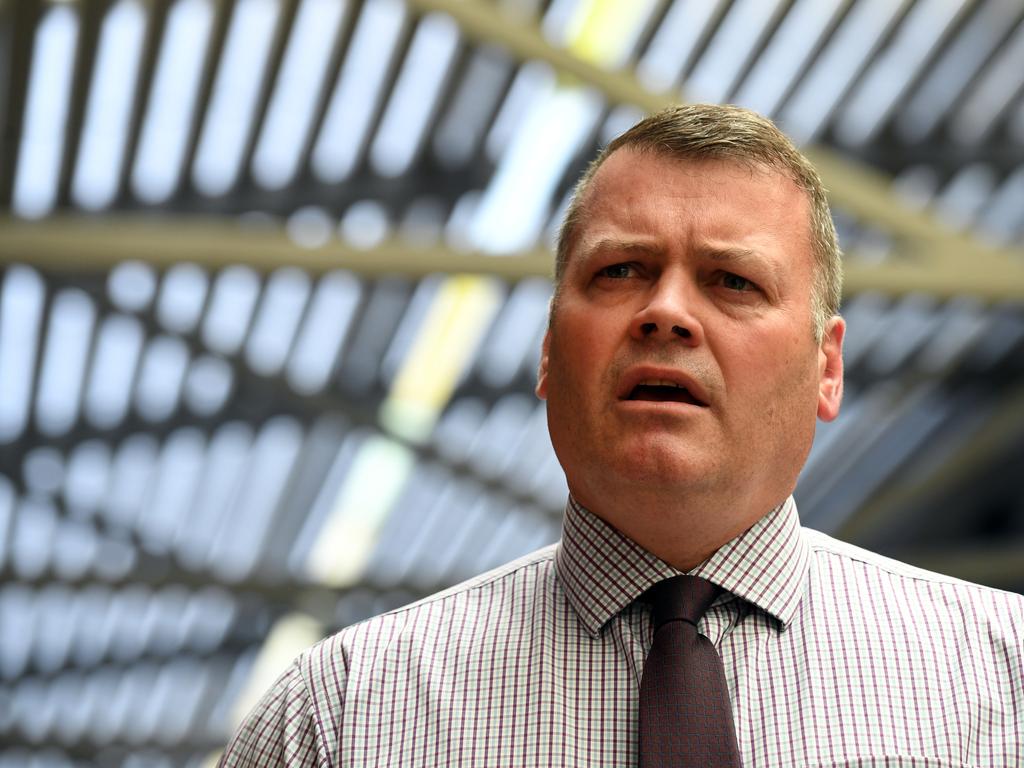
Mr Setter said remuneration and conditions of employment were contributing factors to attracting talent along with the quality of life offered in Queensland.
“Since 2015, there have been no provision for bonus payments to Directors’-General and Commissioners as is often the case in the private sector,” he said.
“Prior to that, bonus payments of up to 15 per cent were on offer.”





